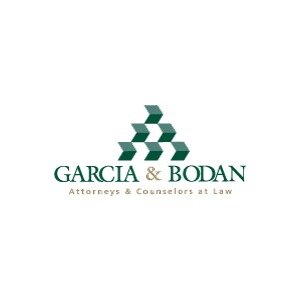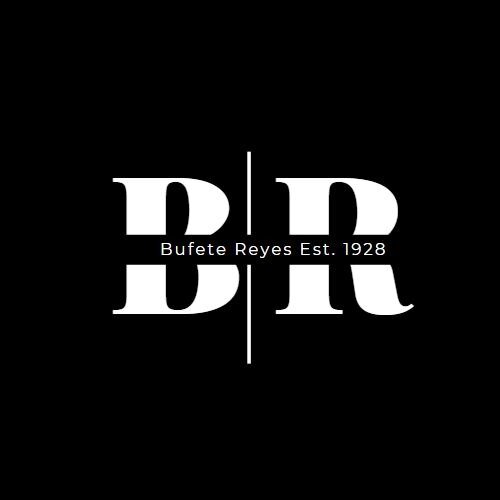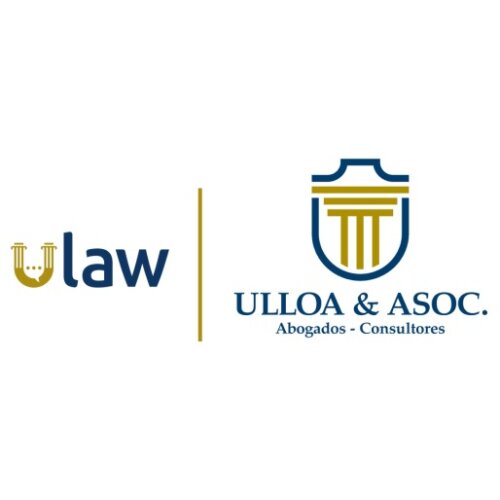Best Lawsuits & Disputes Lawyers in Honduras
Share your needs with us, get contacted by law firms.
Free. Takes 2 min.
Or refine your search by selecting a city:
List of the best lawyers in Honduras
About Lawsuits & Disputes Law in Honduras
Lawsuits and disputes in Honduras are governed by a framework that includes civil, commercial, labor, and administrative laws. The legal system in Honduras is based on civil law, which means that written legislation is the primary source of law, as opposed to common law systems which rely heavily on judicial precedents. The judiciary in Honduras plays an essential role in resolving disputes, interpreting laws, and ensuring justice. The key legislation pertaining to lawsuits and disputes includes the Civil Code, the Commercial Code, and the Labor Code, among others. These laws provide the procedures for filing lawsuits, determine jurisdiction, and outline the rights and obligations of involved parties.
Why You May Need a Lawyer
There are several common situations in which you might require legal assistance for lawsuits and disputes in Honduras:
- Contractual disagreements: Issues arising from breaches of contract or interpretation of contract terms.
- Property disputes: Conflicts related to real estate ownership, boundaries, or sales transactions.
- Family law matters: Divorces, child custody disputes, or inheritance issues.
- Employment disputes: Cases involving wrongful termination, harassment, or other workplace issues.
- Consumer rights: Disputes with businesses over faulty products or services.
- Personal injury claims: Seeking compensation for injuries due to another party's negligence.
- Debt recovery: Legal proceedings for unpaid debts or loans.
- Administrative law issues: Conflicts with public authorities or governmental decisions.
Local Laws Overview
Several key aspects of local laws are particularly relevant to lawsuits and disputes in Honduras:
- Civil Procedure: The Civil Procedure Code outlines the steps for filing and proceeding with civil cases, including timelines, necessary documentation, and court requirements.
- Commercial Laws: The Commercial Code governs business-related disputes, including partnership disagreements, corporate responsibility, and bankruptcy proceedings.
- Labor Laws: The Labor Code provides the framework for employer-employee relations, covering issues such as employment contracts, wages, working conditions, and social security.
- Alternative Dispute Resolution: Mechanisms such as arbitration and mediation are encouraged to resolve disputes outside of court, often providing faster and less costly solutions.
- Judicial System: Honduras has a tiered court system, including local courts, appeals courts, and a Supreme Court which serves as the highest authority for legal decisions.
Frequently Asked Questions
What is the process for filing a lawsuit in Honduras?
You must file a complaint with the appropriate court, providing all relevant documentation and evidence. The court will then notify the other party and schedule a hearing.
How long does it typically take for a lawsuit to be resolved in Honduras?
The time frame depends on the case complexity, court backlog, and whether the parties reach a settlement. It can range from several months to several years.
Can foreign nationals file lawsuits in Honduras?
Yes, foreign nationals have the right to file and defend lawsuits in Honduras through the local legal system.
What are the costs associated with filing a lawsuit in Honduras?
Costs can include court fees, attorney fees, and expenses for gathering evidence or expert testimony. Specific costs vary depending on the case.
Do I need to hire a lawyer to represent me in a dispute?
While not mandatory, having a lawyer is beneficial for navigating legal processes, preparing documents, and advocating on your behalf.
What options are available for alternative dispute resolution in Honduras?
Arbitration and mediation are commonly used methods to resolve disputes outside of court. These can be quicker and less adversarial.
Can I appeal a court decision in Honduras?
Yes, if you are dissatisfied with a court decision, you can file an appeal to a higher court for review.
What should I do if I am served with a lawsuit?
It is crucial to read the documents carefully, note any deadlines, and contact a lawyer to discuss your defense strategy.
Are court proceedings in Honduras public?
Generally, court proceedings are public. However, cases involving family or minors may have restricted access to protect privacy.
How can I enforce a judgment in Honduras?
Once a final decision is made, you can request the court to issue enforcement orders, such as seizing assets or wages, to ensure compliance.
Additional Resources
For more information or assistance, consider the following resources:
- Ministry of Justice and Human Rights: Offers guidance on various legal processes and access to public legal assistance.
- Honduran Bar Association: Can help locate qualified legal professionals specializing in lawsuits and disputes.
- Chambers of Commerce: Provides resources for resolving commercial disputes and can advise on business-related legal matters.
- Non-Governmental Organizations: Some NGOs offer legal aid services, particularly focused on human rights and social justice cases.
Next Steps
If you need legal assistance in lawsuits and disputes:
- Identify the specific nature of your legal issue and gather all relevant documentation and evidence.
- Contact a local lawyer with experience in your type of dispute. The Honduran Bar Association can help find qualified attorneys.
- Discuss your case with the lawyer, exploring options like settlement, court proceeding, or alternative dispute resolution.
- Follow your lawyer's advice regarding necessary actions, timelines, and potential outcomes.
- Stay informed about the progress of your case, attending all meetings and hearings as required.
Lawzana helps you find the best lawyers and law firms in Honduras through a curated and pre-screened list of qualified legal professionals. Our platform offers rankings and detailed profiles of attorneys and law firms, allowing you to compare based on practice areas, including Lawsuits & Disputes, experience, and client feedback.
Each profile includes a description of the firm's areas of practice, client reviews, team members and partners, year of establishment, spoken languages, office locations, contact information, social media presence, and any published articles or resources. Most firms on our platform speak English and are experienced in both local and international legal matters.
Get a quote from top-rated law firms in Honduras — quickly, securely, and without unnecessary hassle.
Disclaimer:
The information provided on this page is for general informational purposes only and does not constitute legal advice. While we strive to ensure the accuracy and relevance of the content, legal information may change over time, and interpretations of the law can vary. You should always consult with a qualified legal professional for advice specific to your situation.
We disclaim all liability for actions taken or not taken based on the content of this page. If you believe any information is incorrect or outdated, please contact us, and we will review and update it where appropriate.
Browse lawsuits & disputes law firms by service in Honduras
Honduras Attorneys in related practice areas.
Browse lawsuits & disputes law firms by city in Honduras
Refine your search by selecting a city.














